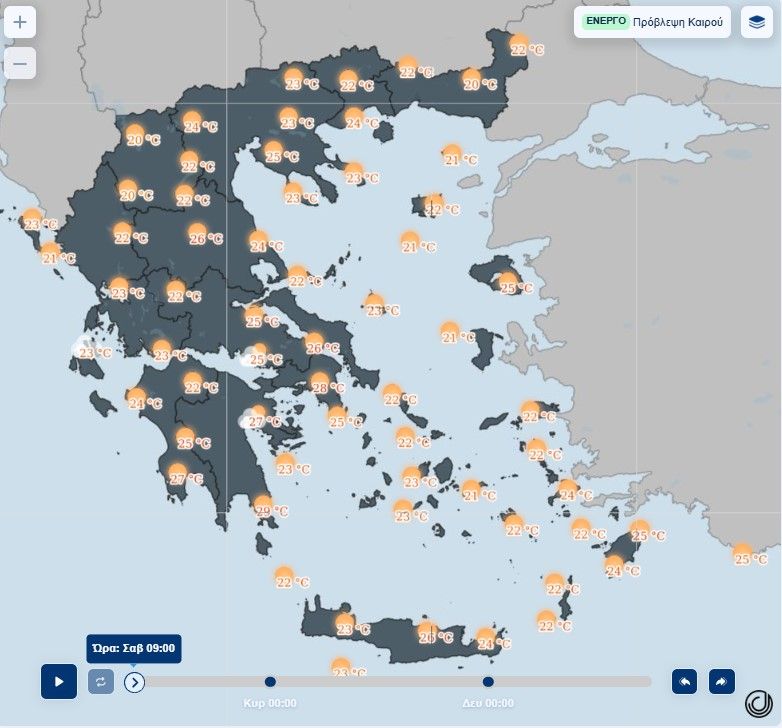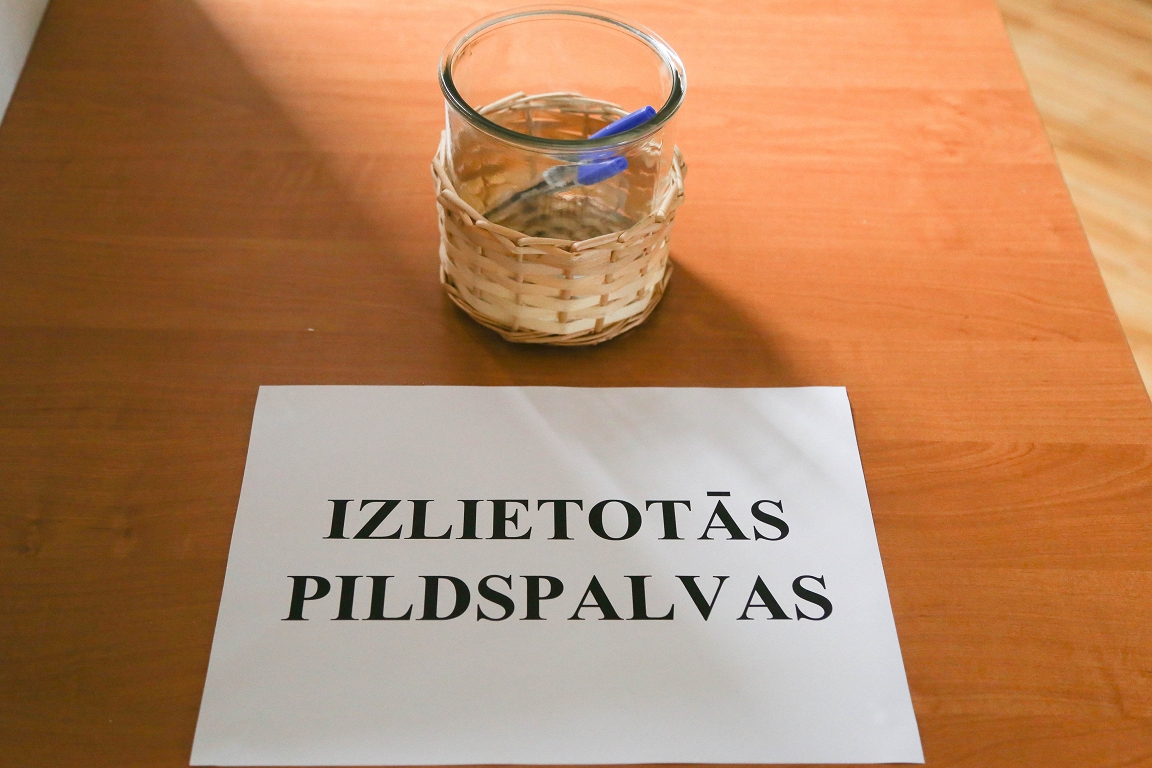Deanoski: Government ready by mid -May to sign collective salary accessories agreements

The government is ready by the middle of next month to sign collective agreements that will enable stages payment of 30 percent salary for state administration employees except the judiciary. This, as the president of the Trade Union of Workers of the Administration, the judiciary and civic associations (UPOZ), Trpe Deanovski, announced Prime Minister Hristijan Mickoski today at a meeting in the Government with the representatives of the unions.
The UPOZ union held several protests in January demanding a 30 percent increase in salaries in the state administration authorities. Five meetings were held after the protests, according to Deovski, were held and an agreement was reached.
– We were agreed, we agreed to get those 30 percent salary supplements in a few installments, if I could say so, within four years. And besides, I emphasize, a salary supplement, not a salary increase, all the employees of these protesting institutions, every March to receive a salary, whether it will be with the increase in the average, whether it will grow with the minimum wage. Today, the Prime Minister informed us that the government is ready to sign the collective agreements by the beginning or mid -May, which means that every ministry, every state administration body that has not signed a collective agreement will sign and thus receive those salary allowances we demanded with the protests in January. Unfortunately, there will be some other unions that no one knows what they are called but we are here for workers, I am glad that the Prime Minister has not heard that we have already agreed a certain dynamics of things and what workers in the state administration or administrative officials will finally begin to get out of the minimum wage – said Deanoski.
Protests in January were attended by members of the UPOZ from the Ministries of Environment and Physical Planning, for digital transformation, forestry and water economy, justice, culture and tourism, economics and labor, and transport, as well as the State Statistical Office and the State Archives.
The focus of today’s meeting in the Government was the increase in the minimum wage and the implementation of collective agreements, on which topics of the Federation of Trade Unions of Macedonia and the Confederation of Free Trade Unions came out after the meeting with mutual accusations and opposing demands. CCM President Slobodan Trendafilov said the government was not against raising the minimum wage, but the other two unions attending the meeting, stressing that they demanded that the provisions of the General Collective Agreement be abolished in the process of public wage growth or the General Collective Agreement. In contrast, KSS President Blagoja Ralpovski assessed that what CCM is looking for is populism, noting that by raising the minimum wage of 30,000 denars will cover only part of the state employees.
According to Trendafilov, only CCM at today’s meeting highlighted the demands of the workers.
– Workers in Macedonia do not have as much problem with the Government as they have with other unions. Only the Federation of Trade Unions of Macedonia highlighted the demands of workers, including the growth of the minimum wage, the growth of all other salaries, as well as the respect of the General Collective Agreement on the public sector and the need to increase public sector wages by 12.6 percent – Trendafilov said.
He pointed out that in the coming period CCM will continue to discuss wage growth, stressing that the government was not against an increase in the minimum wage.
« The government at this point is not against the rise in the minimum wage, and of course we have also discussed wages in the rest of the sector, especially for the ministries for which the CCM and the UPOZ trade union have been negotiating with the government for several weeks, ie what workers are required by a 30 percent salary supplement, » Trendafilov said.
He emphasized that the next period all public sector employees should receive an increase in their salaries, but, as he said, the other two unions demand the abolition of the provisions of the general collective agreement in the process of public sector wage growth.
– We want to send a message that the next period all public sector employees, 128,000 in the number should receive an increase in their salaries, but what is bad is that the other two unions participating in the meeting demand that the provisions of the General Collective Agreement be abolished in the public sector wage growth process or that the General Collective Act will be said. CCM as a signatory considers that the General Collective Agreement should be applied in the coming period, and with the Government as a signatory on the other side we are available to sit down to discuss all disputed issues – Trendafilov said.
According to Ralpovski, only part of the state employees will be covered by the minimum wage of 30,000 denars.
– Our question to other unions was that by raising the minimum wage to 30,000 denars will cover 70,000 or 80,000 employees of 700,000 employees in the country. We asked the president if they are ready to respect the law of minimum wage we have collective agreements at the branch level and whether they are ready to subsidize it and whether they can withstand it, because in the past and now we only demand respect for laws and collective agreements. What CCM requires is populism – emphasized Ralpovski.
In the minimum wage area, he pointed out that the meeting pointed out that the government was not ready to subsidize wages, because, as he said, it had a legal obligation all salaries in the public sector then rise.
« The government headed by the prime minister said they are not ready to subsidize wages, because they have a legal obligation all public sector salaries to rise, that they do not have such a well -raised budget rise, it will be a huge burden and that they will have problems with international factors in the country. But the question remains open if the economic situation in the coming period is better to sit down and talk to them – said Ralpovski.
He recalled that the KSS in 2023 disagreed with the provisions of the General Collective Agreement on the part of pay raising.
– As KSS we did not agree with such provisions in the General Collective Agreement on the part of salaries in 2023. In 2024 it prescribed 0.7 increase in public sector wages. Through the branch unions we have fought for greater increases in the public sector to come much higher than the minimum wage. That general collective agreement expires in June – said Ralpovski.








